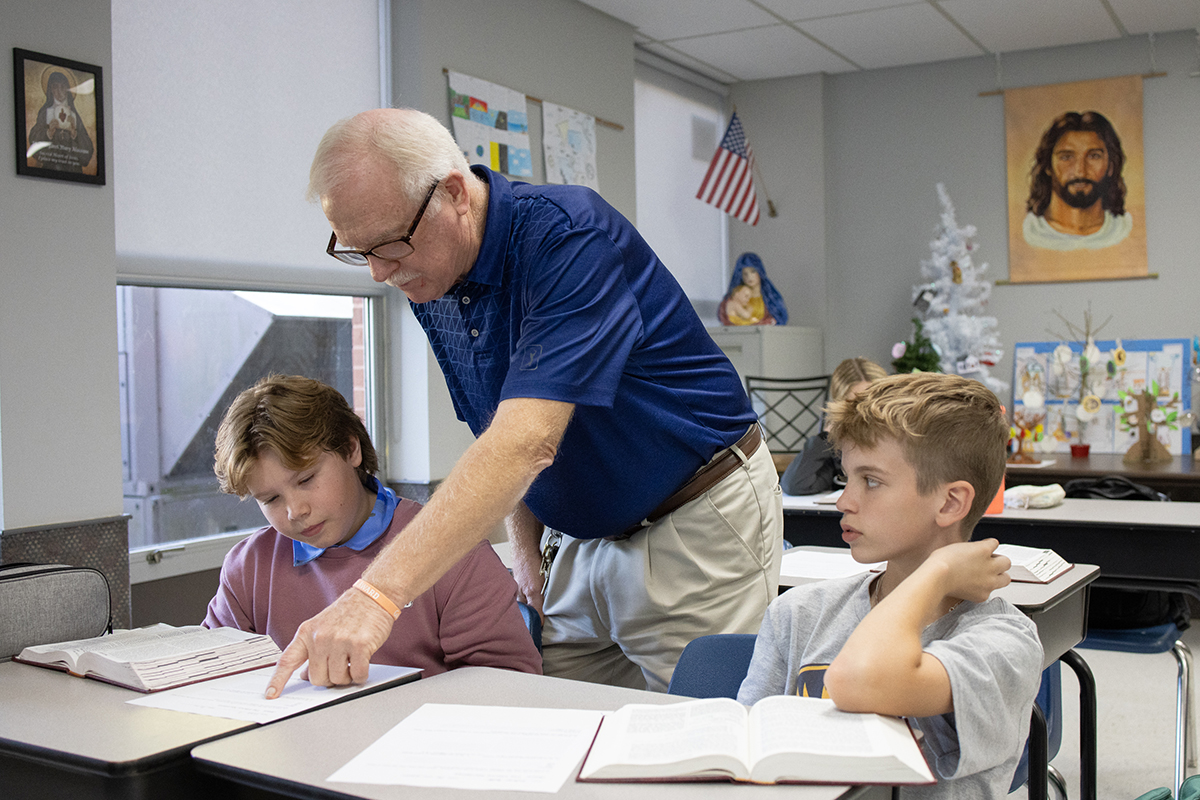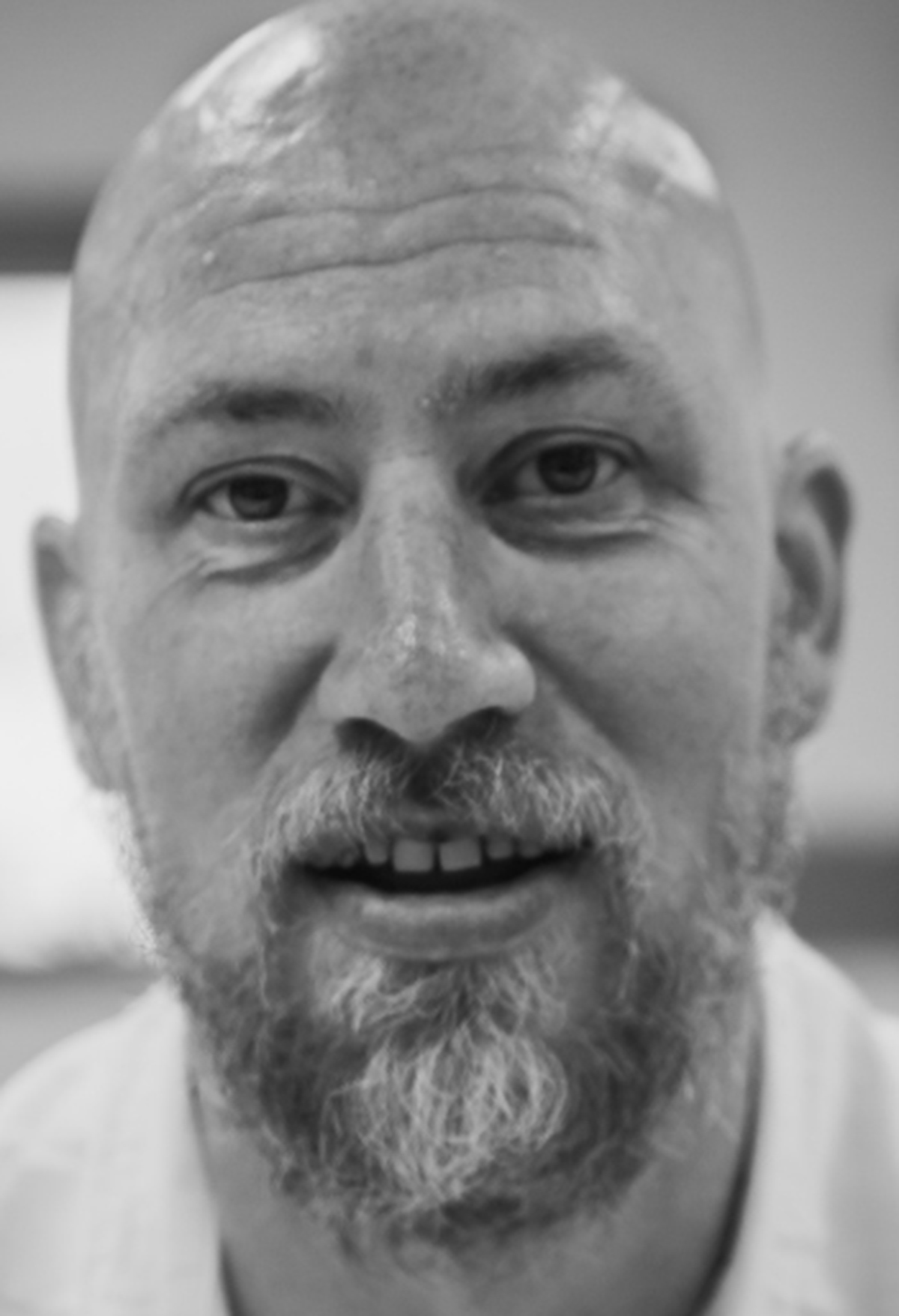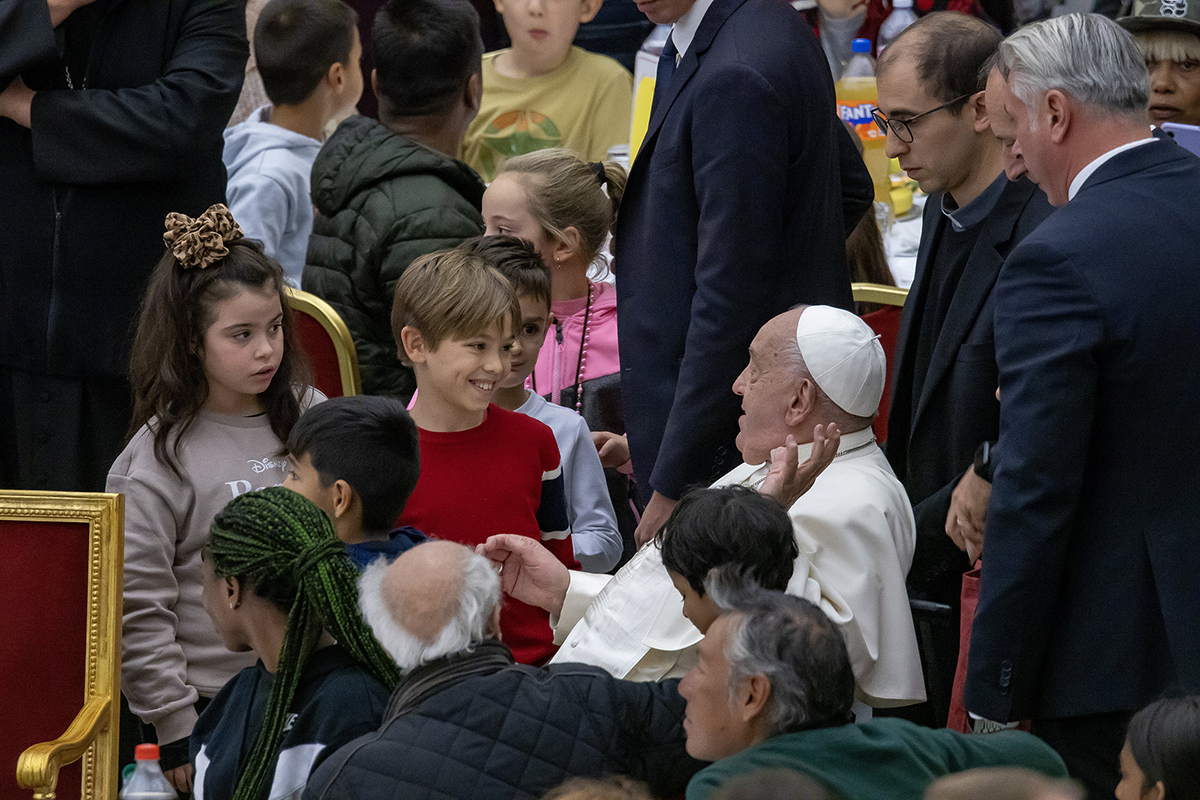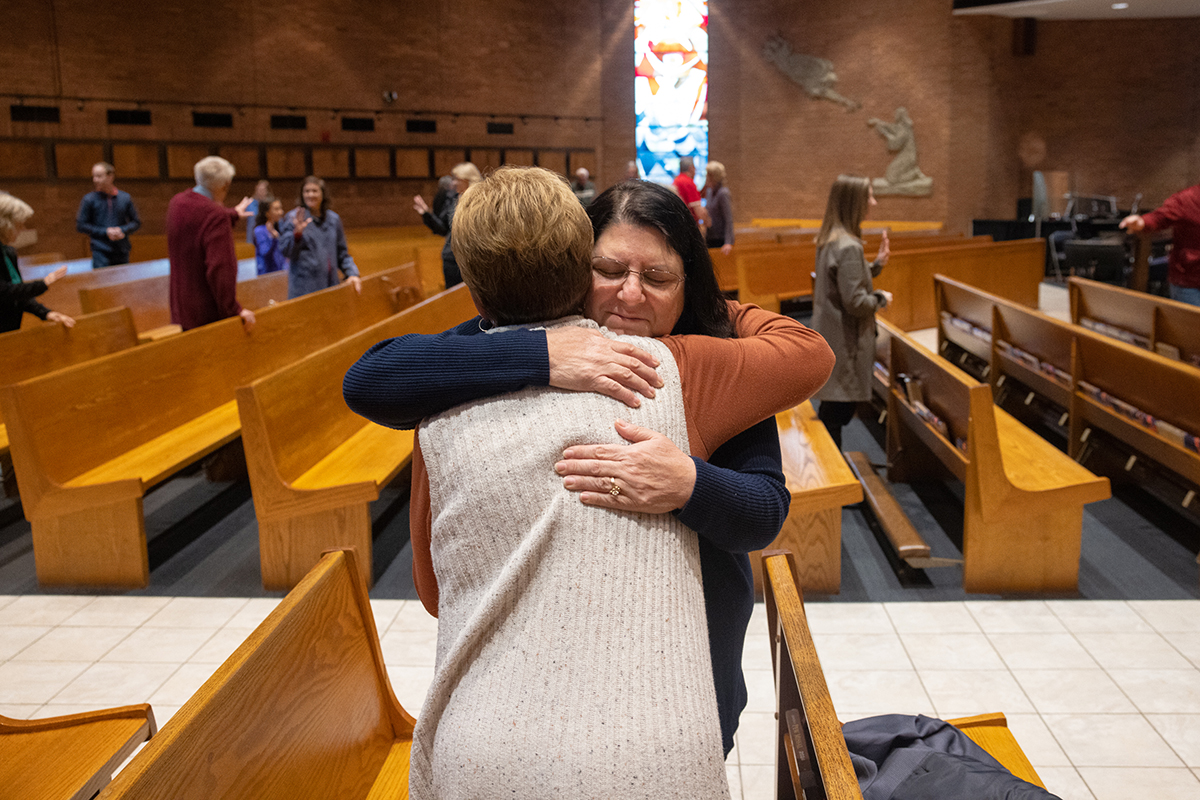Encouragement, eucharistic adoration key to fostering priest vocations
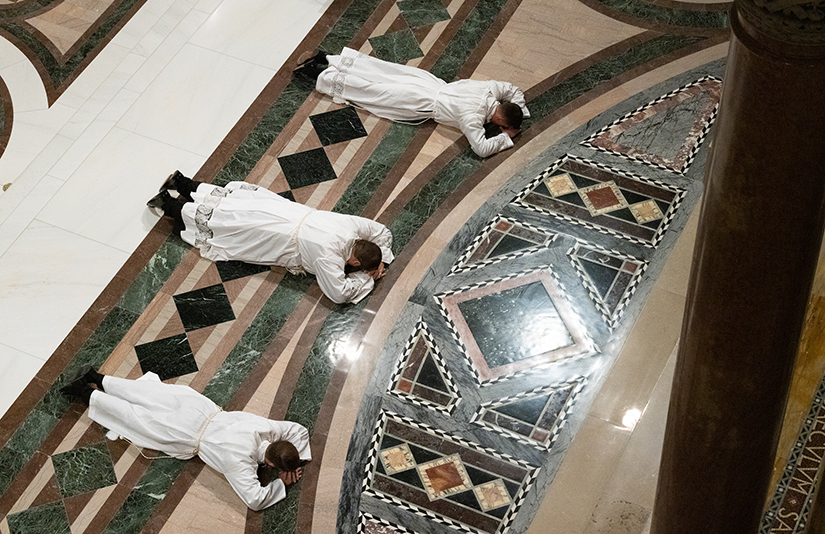
Survey report highlights influences, experiences of ordinands for 2024
Personal encouragement and eucharistic adoration are crucial in fostering vocations to the priesthood, according to data from a newly released report.
The Center for Applied Research in the Apostolate at Georgetown University released on April 15 the 2024 “Survey of Ordinands to the Priesthood,” a report made directly to the Secretariat of Clergy, Consecrated Life and Vocations of the U.S. Conference of Catholic Bishops.
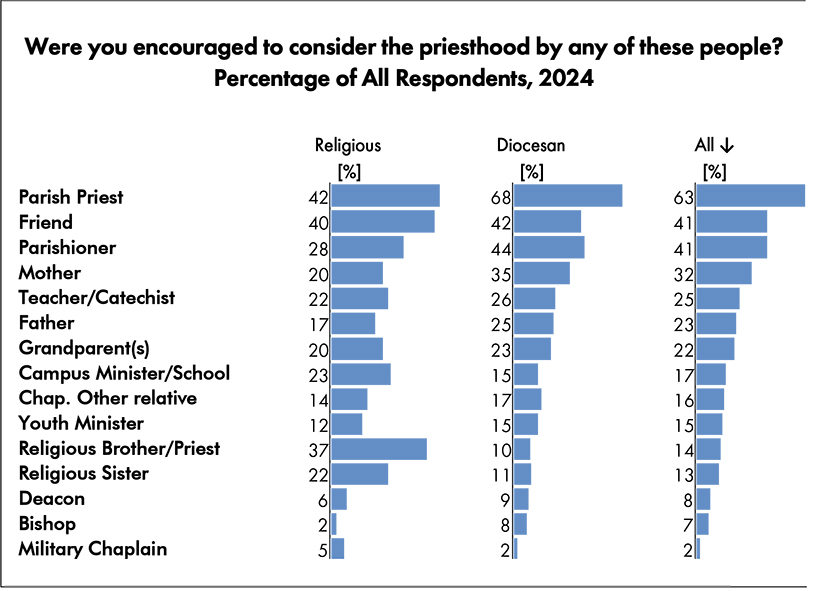
The report came in advance of the 61st annual World Day of Prayer for Vocations, celebrated this year on April 21, the Fourth Sunday of Easter, also known as Good Shepherd Sunday. The Gospel passage (John 10:11-18) for the Mass highlights Jesus’ role as the Good Shepherd.
The online survey, which CARA has overseen since 2006, was completed by 392 of the 475 total ordinands for 2024 from both diocesan and religious order seminaries who were invited to participate. The ordinands represented 128 dioceses and 29 religious institutes in the U.S.
Most 2024 respondents said they had first considered a vocation when they were 16 years old, and their average age of ordination was 34, a number consistent with the range of 33-37 reported since 1999.
Two-thirds (67%) of the ordination class is white; 18% Hispanic or Latino; 11% Asian, Pacific Islander or Native Hawaiian; and 2% are Black or African American. About one quarter (23%) of the ordinands are foreign-born — coming to live in the U.S. on average 14 years ago at 22 years old — with Mexico (5%), Vietnam (4%), Colombia (3%) and the Philippines (2%) the most common countries of origin among them.
A majority of ordinands (82%) said they grew up with both their parents as Catholic, and 29% reported having a relative who was a priest or religious.
More than half of the respondents (60%) had completed an undergraduate or graduate-level degree prior to entering the seminary, with business, liberal arts, philosophy and engineering topping the areas of study. Between 32% and 42% had attended a Catholic elementary school, high school or college.
Most ordinands (70%) had worked full time before entering the seminary, particularly in education (21%), business (16%) and church ministry (13%).
CARA’s executive director, Jesuit Father Thomas Gaunt, told OSV News that direct encouragement of young men to consider priestly life is a “perennial factor” in vocations, with 89% of the respondents, or nine in 10, reporting they had received such support — usually from a parish priest (63%), friend (41%) or parishioner (41%).
“You could almost say that … no one shows up at the seminary who was not encouraged,” Father Gaunt said. “We generally see that men were encouraged by one, two, three, four different people in their life.”
Three men who will be ordained for the Archdiocese of St. Louis said that they were influenced by priests and others in discerning a priestly vocation. Deacons Jeffrey Fennewald, Robert Lawson and Joseph Martin anticipate ordination at 10 a.m. Saturday, May 25, at the Cathedral Basilica of Saint Louis.
Deacon Fennewald found positive influences at his youth group at Sacred Heart Parish in Troy, including his youth minister, Eddie Voltz — who eventually became Father Eddie Voltz. “The people who seemed the most free and joyful were the people I saw staying close to the Eucharist and confession,” Deacon Fennewald said. “Jesus was drawing me to Himself, and the witness of these people and the priests were immensely impactful.”
Some of the older parishioners at Sacred Heart also told him he’d make a great priest. But then it started happening among his peers at Benedictine College, where he was studying. “All of a sudden, it was people noticing that I had a priestly heart,” he said. “I had the idea growing up that I needed to do something great — through achievements or skills. What I have learned about myself is those things don’t matter so much to people who are looking for a father.”
Eucharistic adoration also emerged as significant in vocational discernment, according to the survey, with 75% of the respondents noting they had regularly prayed before the Blessed Sacrament prior to entering the seminary. The rosary was also a favorite devotion for 71% of those surveyed; another 40% practiced lectio divina, or meditative prayer with Scripture.
Jennifer Brinker of the St. Louis Review contributed to this story.

